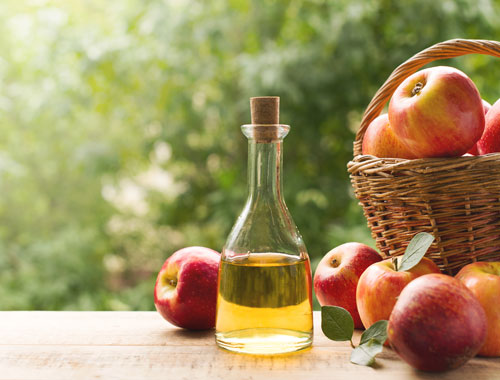In recent years, the gluten-free diet trend has gained significant traction, with more and more individuals opting to avoid gluten for various health reasons. As a result, there’s been increased scrutiny on the gluten content of various foods and beverages, including apple cider. Apple cider, a beloved autumnal drink enjoyed by many, has come under the microscope in discussions surrounding its gluten status. In this article, we’ll delve into the intricacies of apple cider production, explore the potential sources of gluten contamination, and ultimately answer the burning question: Is apple cider gluten-free?
Understanding Apple Cider
Before we can determine the gluten content of apple cider, it’s crucial to understand how this refreshing beverage is made. Traditional apple cider is crafted from freshly pressed apples, with minimal processing involved. The apples are typically washed, ground into a pulp, and then pressed to extract the juice. The resulting liquid is raw apple cider, often characterized by its slightly cloudy appearance and rich, fruity flavor.
It’s essential to note that authentic apple cider contains no additional ingredients beyond fresh apple juice. Unlike its counterpart, apple juice, which is often filtered and may contain additives such as preservatives or sweeteners, traditional apple cider remains in its natural state, preserving the full essence of the fruit.
The Gluten Conundrum
While the production process for apple cider seems straightforward, the potential for gluten contamination arises at various stages. Despite apples being inherently gluten-free, cross-contamination can occur if the equipment used in cider production is shared with gluten-containing ingredients or products.
Shared Equipment: In commercial cider mills or facilities that also process products containing gluten, there’s a risk of cross-contact during the milling, pressing, or bottling stages. Even trace amounts of gluten residue left on equipment can contaminate an otherwise gluten-free product.
Additives and Flavorings: Some modern varieties of apple cider may include additional ingredients such as flavorings, spices, or additives to enhance taste or extend shelf life. While these ingredients themselves may be gluten-free, it’s essential to verify their sourcing and manufacturing processes to ensure they haven’t come into contact with gluten-containing substances.
Fermentation: In certain cases, apple cider may undergo fermentation to produce hard cider or apple cider vinegar. During fermentation, some producers may introduce yeast or other additives, which could potentially contain gluten if not carefully sourced.
Navigating the Gluten-Free Landscape
For individuals with gluten sensitivities or celiac disease, navigating the world of apple cider can be daunting. However, there are several strategies consumers can employ to ensure they’re selecting gluten-free options:
Read Labels Thoroughly: When purchasing apple cider from stores, carefully read the product labels for any mention of gluten-containing ingredients or potential cross-contamination warnings. Look for certifications such as “gluten-free” or “certified gluten-free,” which indicate that the product has undergone testing to verify its gluten-free status.
Choose Artisanal or Small-Batch Ciders: Artisanal cider producers often prioritize quality and purity in their products, using dedicated equipment and adhering to strict production practices to minimize the risk of gluten contamination. Consider exploring local farmers’ markets or specialty stores for artisanal cider options.
Contact Manufacturers: If uncertain about a particular brand or product, don’t hesitate to reach out to the manufacturer directly. Many companies are responsive to consumer inquiries and can provide detailed information regarding their production processes and gluten-free practices.
Homemade Options: For those who prefer complete control over the ingredients, consider making homemade apple cider using fresh apples and a home juicer or press. By starting with whole fruits and avoiding additives or shared equipment, you can ensure a gluten-free beverage from start to finish.
Conclusion
In conclusion, the gluten status of apple cider ultimately depends on various factors, including the production methods employed and the presence of potential sources of contamination. While pure, freshly pressed apple cider is inherently gluten-free, consumers should exercise caution when selecting commercial varieties, particularly those with added ingredients or processed in facilities that also handle gluten-containing products.
By being vigilant in reading labels, choosing reputable brands, and seeking out artisanal or homemade options, individuals following a gluten-free diet can continue to enjoy the crisp, flavorful taste of apple cider without compromising their dietary restrictions. As with any dietary choice, knowledge and awareness are key in making informed decisions about what we consume. So, the next time you raise a glass of apple cider, rest assured that with a bit of diligence, you can savor the gluten-free goodness of this beloved beverage.

























